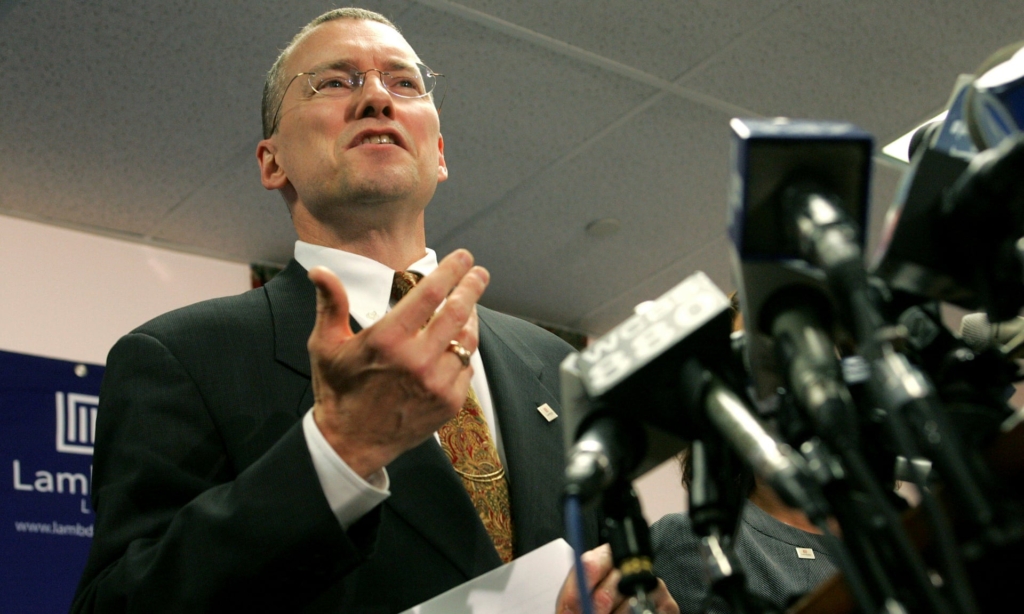A lawyer set himself on fire to protest climate change. Did anyone care?

By J. Oliver Conroy
15 April 2019
(The Guardian) – On a recent Saturday in Brooklyn, against the unlikely backdrop of a huge blue-and-white Ikea outlet, several dozen volunteers hand-churned compost. Decomposing food scraps emit considerable heat, and the 6ft-tall compost heaps were warm to the touch. As shovels and pitchforks pierced the compost, gusts of steam rolled off like fog.
A three-acre lot-turned-urban farm, the Red Hook Community Farmscontains the largest compost site in America powered entirely by sustainable sources. During an orientation for new volunteers, one of the site managers explained that the operation was the brainchild of a lawyer-turned-environmentalist named David Buckel, who supervised it until his death last year. He designed the site’s processes so it would run like clockwork, even in his absence.
A woman asked, hesitantly: “Is he the one who … self-immolated?”
“Yes,” the manager said.
He didn’t elaborate but said he considered the site Buckel’s legacy, and that he and the other two managers felt honored to carry on its work.
As the manager talked, a small wind turbine whizzed overhead. Energy from the turbine, plus several solar panels, fed into a generator that pumped air into the compost heaps not being churned by hand. On the other side of the lot grew rows of spinach, kale, tomatoes and other crops, which the farm sells or donates to food pantries.
Terry Kaelber, Buckel’s husband and companion of 34 years, often volunteers at the compost site. When I asked him about the site, he thought carefully, then said: “There is something very simple and pure in coming together, in giving up your time, to take people’s food scraps and do the work that will enable those scraps to be turned back, over time, into food.”
The site was a microcosm, he said, of the kind of self-sustaining, harmonious society Buckel wanted to build – the kind “I think in some ways we all subconsciously long for”.
“I only wish,” he said, “that David had stuck it out.” [more]
A lawyer set himself on fire to protest climate change. Did anyone care?